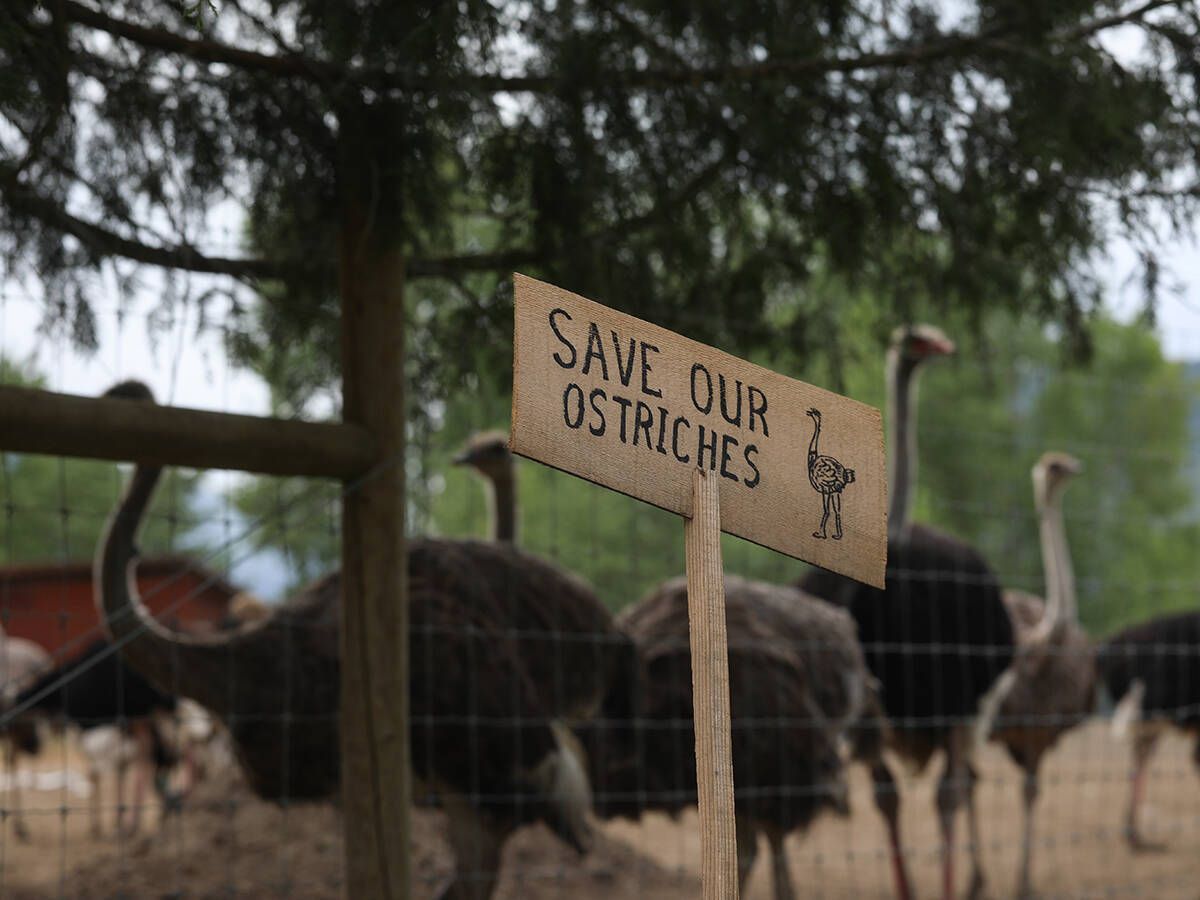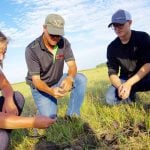SALMON ARM, B.C. – British Columbia producers have been told that if they are serious about building a meat processing industry, they must decide what they want and figure out how to make it work without government support.
“You have to decide about the future of processing in B.C. and decide where you want it to go,” agriculture minister Pat Bell told the B.C. Cattlemen’s Association annual meeting in Salmon Arm May 26.
“I will not be the one to drive it. It has to come from the industry.”
Read Also

Ostrich farm case shows power of social media
The social media circus surrounding the BC ostrich farm, could happen again in Canada, says communication expert
There is a chance proposals could lose momentum now that the U.S. border has opened to slaughter cattle, but Bell said this should not be allowed to happen because the province cannot rely on the United States or Alberta to handle processing.
B.C. faces unique challenges as the province works to raise food safety and inspection standards in abattoirs. The cost to upgrade to a consistent provincial standard has been high and producers fear losing their farmgate sales if local plants are not accredited.
The new regulations will not allow sale of meat without inspection.
Money has been set aside for plants to upgrade and the deadline to meet the new standard was extended to September 2007. A grant of $50,000 is available to individual abattoirs for upgrades and $100,000 is available to regional or co-operative plants. Inspection fees are waived until 2012.
Even with additional help, some plants may not meet the standards and some proposals to build may never happen.
“We need to be grownups and if you take a proposal around an abattoir to financial institutions and they say no, that is a red flag,” Bell said.
Proposals must make a strong business case that makes sense to a third party rather than asking for taxpayer money, he added, because those enterprises do not survive.
Producer Duncan Barnett said processors need to take advantage of these programs and work with government.
“We need to recognize that program is there and we need to take advantage of it and get some details tweaked so it does work for us,” he said.
“If there is some uptake to this program, they should be prepared to find additional dollars. The money that was announced is a good start and it is up to us to make beneficial use of that funding.”
Producers remain worried about the ability of some plants to qualify for provincial inspection even with grants, said Margaret Hall of Vanderhoof.
“We still have communities that don’t have access to slaughter facilities and it really inhibits the marketing that people do from their own home,” she said.
“We still feel, even with the changes that have been made, it is an issue that needs to be dealt with beyond an extension and putting some money in the pot.”
The extra money isn’t enough for groups such as Kootenay Pride, which is struggling to build a multi-species plant in southeastern B.C.
The Kootenay Livestock Association has applied to the Columbia Basin Trust for a $650,000 grant and has been turned down twice. The group plans to meet soon and decide which direction to go, said producer Faye Street.
The rest of the money comes from private rancher investors and Farm Credit Canada.
The plant is designed to support those involved in farmgate sales and supply meat to local restaurants at ski hills and golf courses.
“I want this to work. I don’t want to be a big shot,” Street said.
The group wants to make sure all the money is in place before they start, rather than begin and fail.
“We don’t want to build these abattoirs to go broke,” she said.















